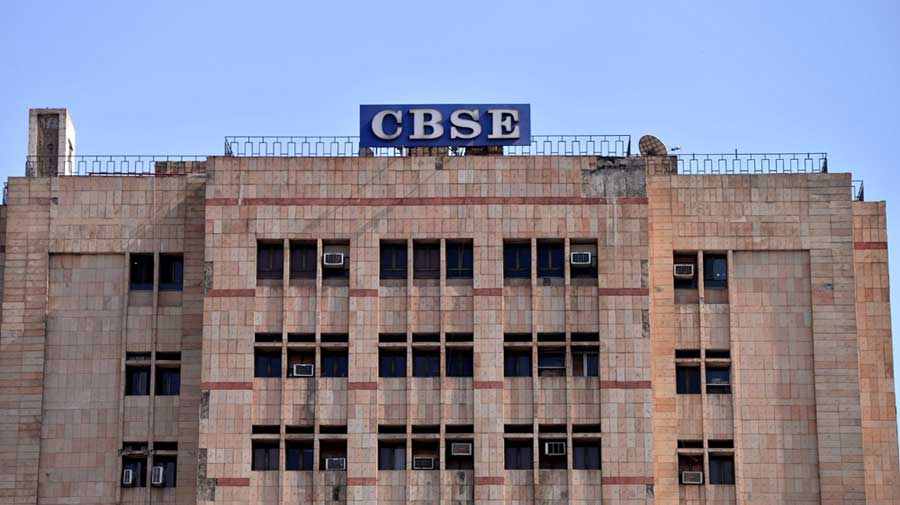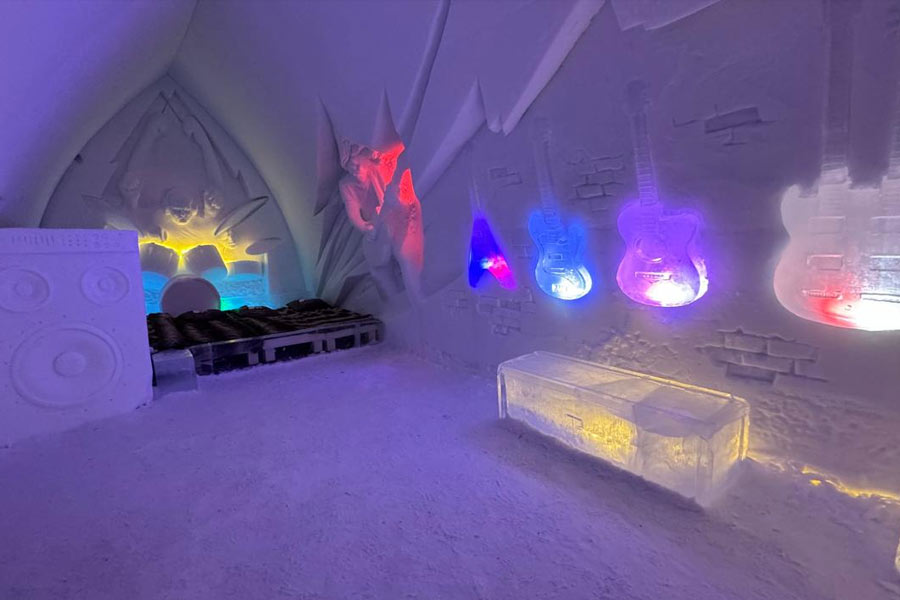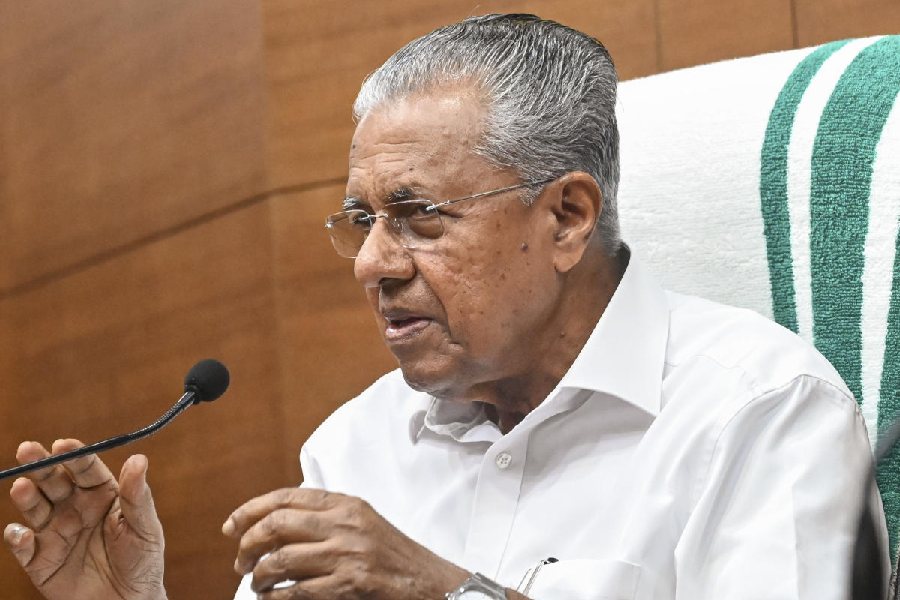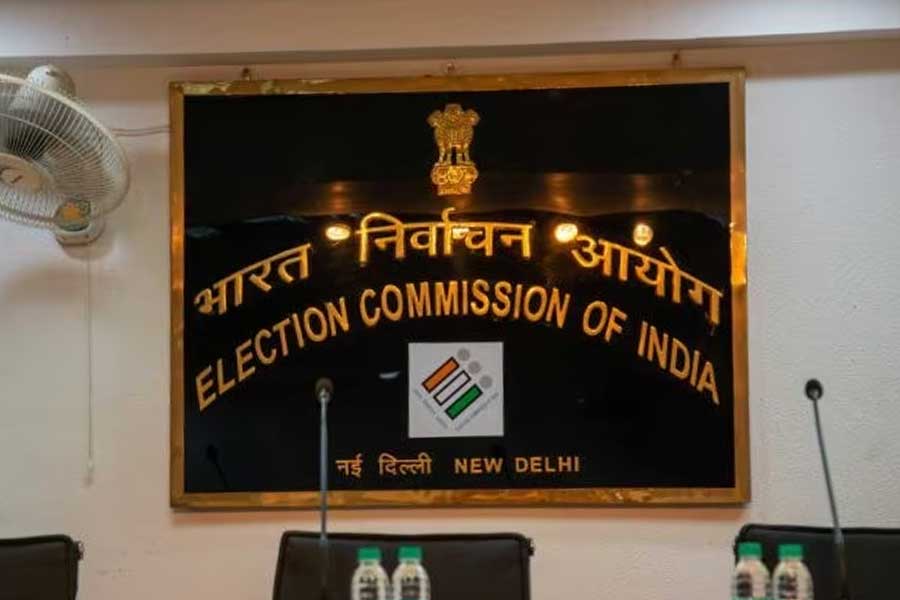The Central Board of Secondary Education (CBSE) on Thursday wrote to the principals of its affiliated schools about the commencement of the new academic year from April with the plan to hold in-person lessons for students of Classes IX to XII and the conduct of assessment for Classes IX and XI.
Academic activists of students of Classes IX to XII will come back to regular face to face mode in schools affiliated with Central Board of Secondary School (CBSE) from coming academic year, if the advice by national board is accepted by states.
“It would be appropriate to start academic session 2021-2022 from 1st April, 2021, to the extent feasible subject to the instructions of the state governments,” said the CBSE letter.
The board exams for Classes X and XII will be held with a reduced syllabus in May and June. The CBSE said exams for Classes IX and XI should be held by following Covid protocols.
A CBSE official said schools had already opened for students of Classes IX to XII in most of the states to help them clear their doubts and conduct practical classes. The schools are taking all precautions, he said.
The official said the CBSE had reduced its syllabus up to 30 per cent for students of Classes IX to XII for the academic year 2020-21 in view of the rising Covid-19 cases in the country. However, the reduction is unlikely to continue in 2021-22.
“The plan is that classes for students of IX to XII will go on as usual in schools. So there is no merit in continuing the reduction in syllabus,” the official said.
Last year, the CBSE had deleted chapters on federalism, nationalism, citizenship, democratic rights, diversity, religion and caste, demonetisation and GST, among others, from the syllabus of students of higher classes.
Ameeta Mulla Wattal, principal of Springdales School in Delhi, said the opening of institutions for adolescents was essential.
“Over the last year, students have faced a significant learning gap. When they come for doubt clearing and practical classes, we find that
they are unable to sit for long periods and write. Their ability to conduct practical experiments has also been affected. This is the case of those who have had access to online classes. Those who have had no access to online classes will face a learning gap of a year,” Wattal said.
Commenting on assessment, she said online exams and tests were not a fair medium for assessing a student’s knowledge, skills and abilities. Real-time school was essential for a collaborative environment, making learning productive for both scholastic and co-scholastic activities, she said.
Wattal said it was also important to start normal classes as the syllabus for competitive examinations like JEE and NEET had not been reduced and students were expected to cover the entire course.
Ashok Pandey, director of Ahlcon Group of Schools in Delhi, said online learning cannot be a substitute for in-person classes.
“In any case online learning is not available to all the children. Things have vastly improved now. All Covid-19 related restrictions should not be applicable to schools only. Let us not forget that learning losses have a serious impact in the long term,” Pandey said.











